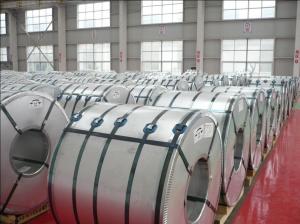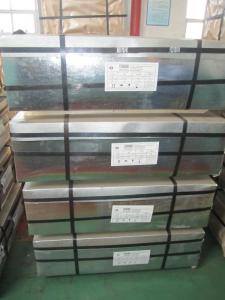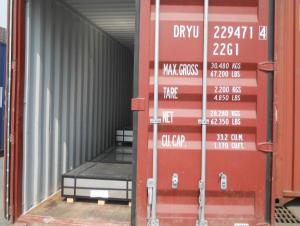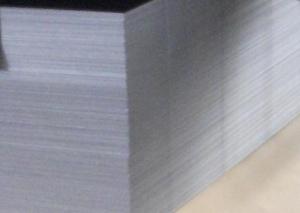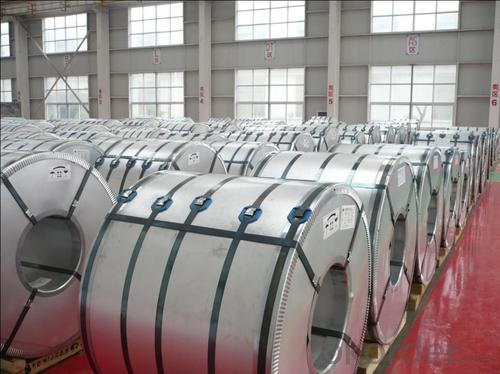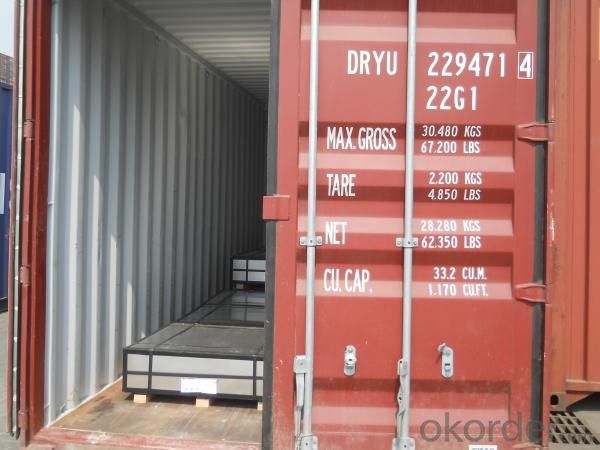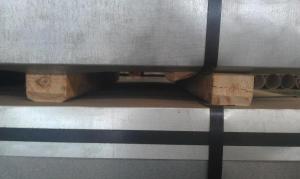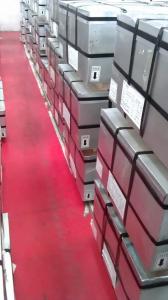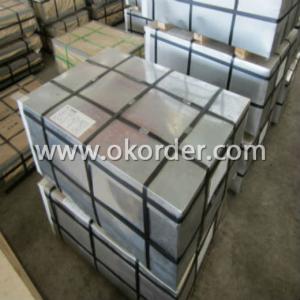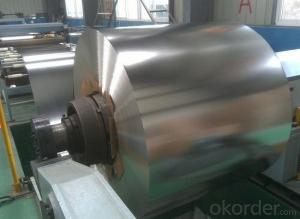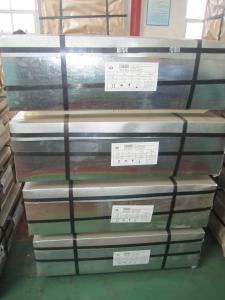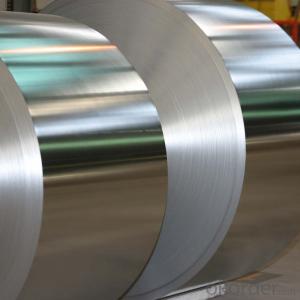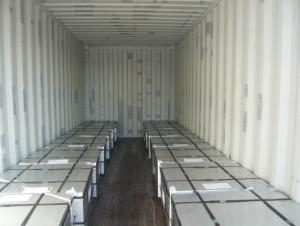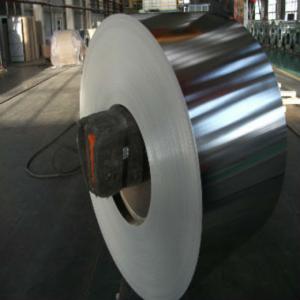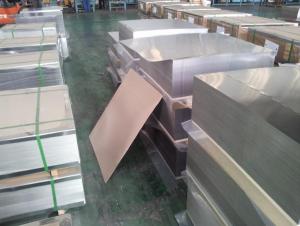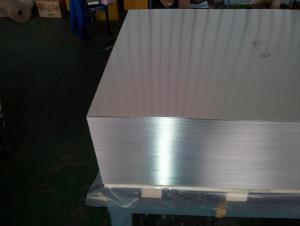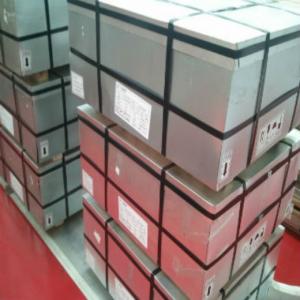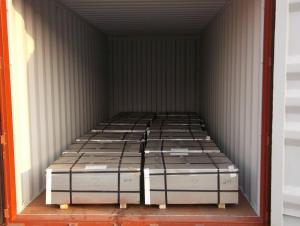Tinplate For Painting Can-CHBA
- Loading Port:
- China Main Port
- Payment Terms:
- TT or L/C
- Min Order Qty:
- 20 Tons~25 Tons m.t.
- Supply Capability:
- 40000 MT Per Month m.t./month
OKorder Service Pledge
OKorder Financial Service
You Might Also Like
General information of Tinplate for Painting Can
Steel Type | SPCC |
Temper (BA&CA) | T1~T5, DR8 |
Coating | 2.8~8.4g/m2 |
Thickness & Tolerance | 0.15~0.5mm (Tolerance:±0.01mm) |
Width & Tolerance | 600~1000 mm(Tolerance: +2/-0mm) |
I.D | 508 MM |
Coil Weight | 3~10 MT |
Passivation | 311 |
Oiling | DOS |
Surface Finish | Bright ,Stone ,Silver ,Matte |
Min Order | 25 Tons for 1 20 feet FCL |
Package | Seaworthy Export Standard Wooden Pallet |
Standard Available | GB/T2520-2000, JIS G3303, ASTM A623, BS EN10202 |
Lead Time | 35 days after receiving buyer's original L/C or Prepayment |
Special specifications are available on customers' requirements. | |
Technical data of Tinplate for Painting Can
Chemical Composition(%) | Mechanical Property |
C:0.04~0.06 | Yield Strength: (Mpa):280~320 |
Si:0.01~0.03 | TensileStrength: (Mpa):340~390 |
Mn:0.18~0.22 | Elongation:20%~30% |
P:0.014~0.016 | ------------- |
S:0.006~0.009 |
Application of Tinplate for Painting Can
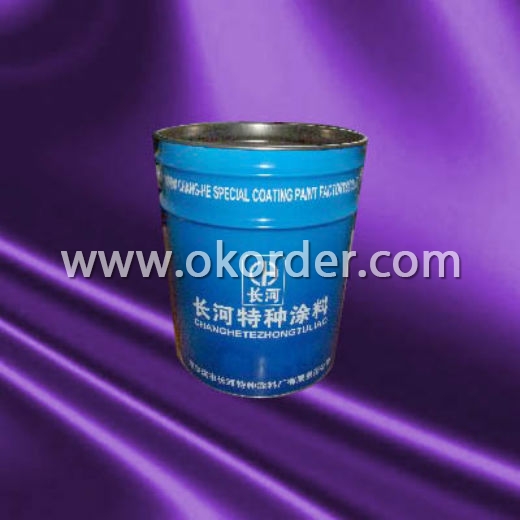
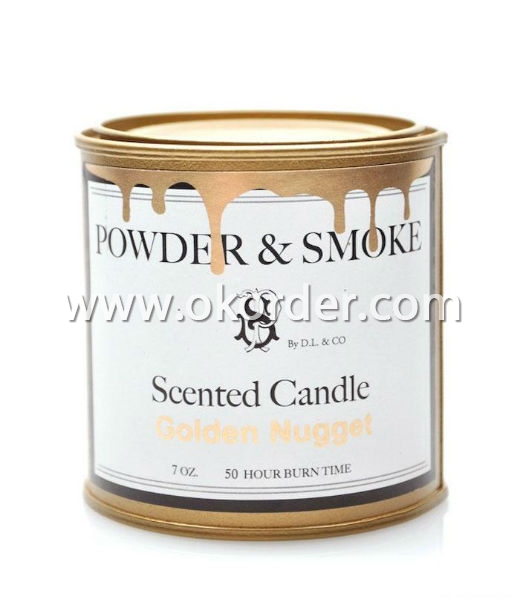
Tinplate is widely used for making all types of containers such as artistic cans, tea cans, painting cans,
chemical package cans and metal printing etc. Its applications are not limited to containers; recently,
tinplate has also been used for making electrical machinery parts and many other products.
Equipment and Facility of Tinplate
Tin Coating Line
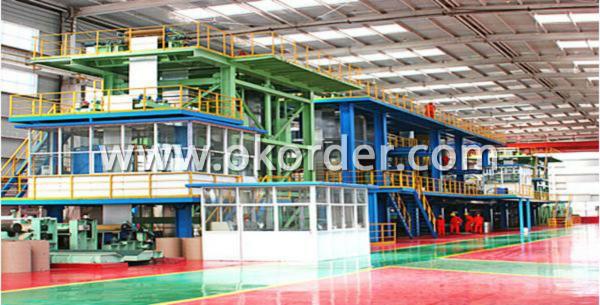
Cold Rolling Mill Batch Annealing Furnaces
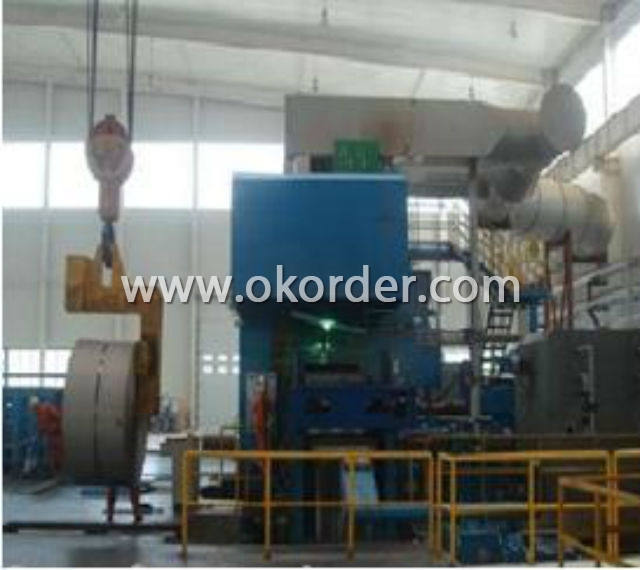
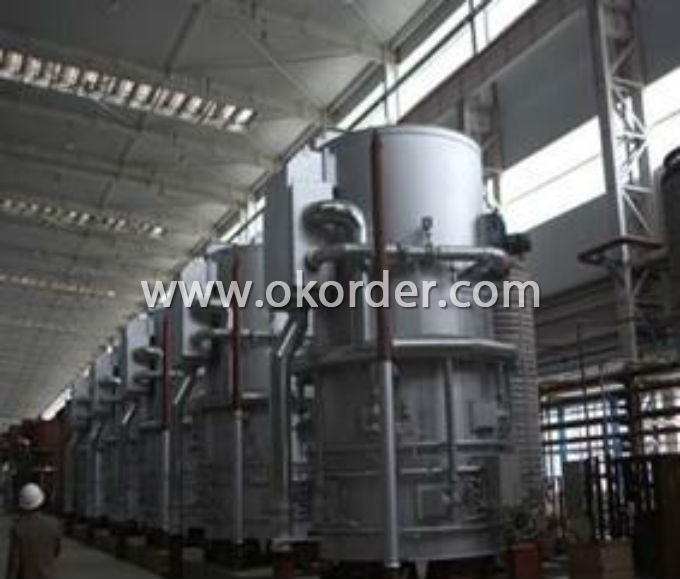
Cutting Line Stock Area
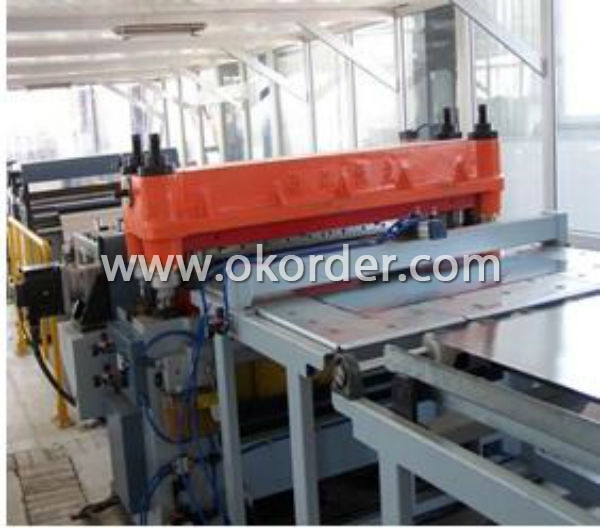
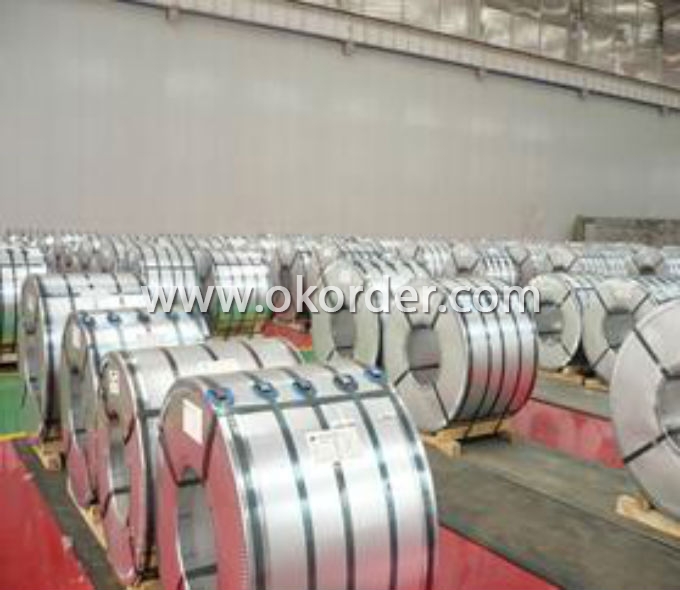
Quantity Control System of Tinplate
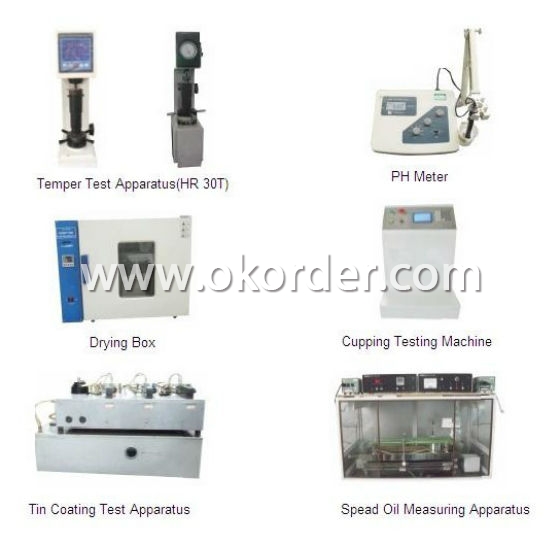
- Q: How does tinplate affect the overall product freshness?
- Tinplate packaging helps to preserve the overall product freshness by providing a protective barrier against moisture, light, and oxygen. This prevents the product from spoiling or deteriorating quickly, allowing it to maintain its quality and freshness for a longer period of time.
- Q: What are the main applications of tinplate in the pharmaceutical industry?
- Tinplate is commonly used in the pharmaceutical industry for the production of packaging materials such as containers, tubes, and caps. It provides excellent barrier properties against moisture, light, and gases, ensuring the integrity and stability of pharmaceutical products. Tinplate is also easy to sterilize, making it suitable for storing drugs and medical devices. Additionally, its durability and tamper-proof properties make it a reliable choice for ensuring product safety and extending shelf life in the pharmaceutical industry.
- Q: Can tinplate be used for pet food packaging?
- Yes, tinplate can be used for pet food packaging. Tinplate is a common material used in food packaging due to its durability, corrosion resistance, and ability to maintain product freshness. It is also widely recyclable, making it an environmentally friendly choice. Therefore, tinplate is a suitable option for packaging pet food as it provides a reliable and safe container for storing and preserving pet food products.
- Q: How to quickly distinguish tinplate and ordinary substrate iron?
- Tinplate is the substrate, iron tin plating, tin bright, the substrate is dark, the substrate for a few days rust, and the two put together, the difference is great.
- Q: What are the main factors influencing the competitiveness of tinplate manufacturers?
- The main factors influencing the competitiveness of tinplate manufacturers include technological advancements, production efficiency, product quality, pricing strategy, market demand, distribution channels, and the ability to meet customer requirements and provide tailored solutions. Additionally, factors such as raw material availability, supply chain management, branding, and industry regulations also play a significant role in determining a tinplate manufacturer's competitiveness.
- Q: How does tinplate perform in terms of insulation properties?
- Tinplate is not known for its insulation properties as it is a highly conductive material.
- Q: Can tinplate be used for electrical applications?
- Yes, tinplate can be used for electrical applications. Tinplate, which is a thin sheet of steel coated with a layer of tin, offers good electrical conductivity and corrosion resistance. It is commonly used in the manufacturing of electrical components, such as transformers, capacitors, and circuit boards, due to its ability to provide a protective barrier against oxidation and improve solderability.
- Q: Can tinplate be used for packaging electronic components?
- Yes, tinplate can be used for packaging electronic components. Tinplate is a commonly used material in the packaging industry due to its excellent strength, durability, and corrosion resistance. It provides effective protection to electronic components and helps in preserving their quality during storage and transportation.
- Q: What are the different methods of labeling and branding on tinplate packaging?
- Some of the different methods of labeling and branding on tinplate packaging include lithographic printing, embossing, hot stamping, and screen printing.
- Q: How is tinplate coated with water-based paints?
- Tinplate is typically coated with water-based paints through a process called electrostatic spraying. The tinplate is first cleaned to remove any impurities and then coated with a primer to enhance adhesion. After that, the water-based paint is applied using an electrostatic spray gun, which positively charges the paint particles to attract and adhere to the negatively charged tinplate surface. This method ensures an even and durable paint coat while minimizing environmental impact compared to solvent-based paints.
1. Manufacturer Overview
| Location | Hebei,China |
| Year Established | 2009 |
| Annual Output Value | Above US$100 Million |
| Main Markets | North America;South America; Eastern Europe Southeast Asia; Africa; Mid East Eastern Asia; Western Europe; Central America Northern Europe; Southern Europe; Domestic Market |
| Company Certifications | HACCP;ISO 9001:2008;ISO 14001:2004 |
2. Manufacturer Certificates
| a) Certification Name | |
| Range | |
| Reference | |
| Validity Period |
3. Manufacturer Capability
| a) Trade Capacity | |
| Nearest Port | Tianjin |
| Export Percentage | 11% - 20% |
| No.of Employees in Trade Department | 6-10 People |
| Language Spoken: | English;Chinese |
| b) Factory Information | |
| Factory Size: | Above 270,000 square meters |
| No. of Production Lines | Above 12 |
| Contract Manufacturing | OEM Service Offered |
| Product Price Range | High;Average |
Send your message to us
Tinplate For Painting Can-CHBA
- Loading Port:
- China Main Port
- Payment Terms:
- TT or L/C
- Min Order Qty:
- 20 Tons~25 Tons m.t.
- Supply Capability:
- 40000 MT Per Month m.t./month
OKorder Service Pledge
OKorder Financial Service
Similar products
Hot products
Hot Searches
Related keywords
